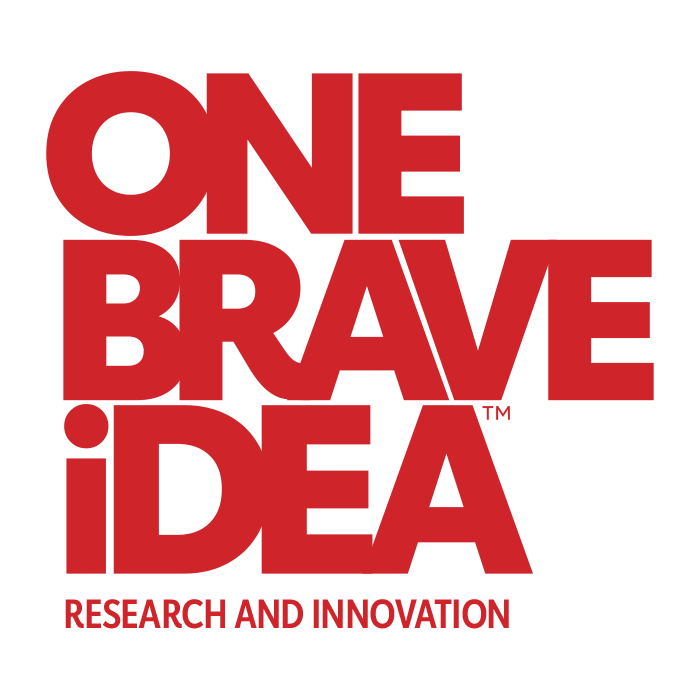At One Brave Idea (OBI), one of our themes is to focus on the first 40 years of coronary heart disease (CHD), not the last 20. In other words, to try to detect the earliest physiologic abnormalities in the development of CHD, and then use these early signals to guide new diagnosis, prevention and treatment strategies.
To do this, we need to broaden our approach to measuring not just early signs of CHD, but also measuring wellness. These quantitative measurements of wellness and disease are called phenotypes. OBI is integrating measurements at different biological scales, from molecules, to cells, to holistic measures of physiology and behavior – including digital phenotypes from wearable sensors (much like Google Maps integrates everything from a street-level image to a satellite view of an entire country – an analogy described in a 2011 National Academies report).
On February 7, 2019, Dr. John Torous, Director of Digital Psychiatry at Beth Israel Deaconess Medical Center, and a digital phenotype advisor to NIH’s All of Us research program, spoke at OBI’s latest Phenotype Phorum. The Phenotype Phorum is a monthly gathering designed to convene individuals from academia and industry who are interested in cutting-edge applications of phenotyping across wellness and different diseases.
In front of an audience drawn from academia, VC, biotech and pharma, Dr. Torous discussed the early evidence and lessons from digital phenotypes in psychiatry, especially schizophrenia and bipolar disease. While a number of privately held companies have used passive (physical activity, screen use, location, anonymized meta-data about phone calls and text messages) and active (prompted surveys, tasks or games) measurements from smartphones for several years, data and results from academic investigators and publications is emerging more recently. OBI, and the rest of the cardiovascular community, can learn a great deal from the fields of mental and behavioral health about the potential for “digital biomarkers” that reflect physiology, cognition, behavior, social activity, and self-reported patient data – and how digital biomarkers can be integrated with genetic and molecular data for research discovery as well as patient care.
